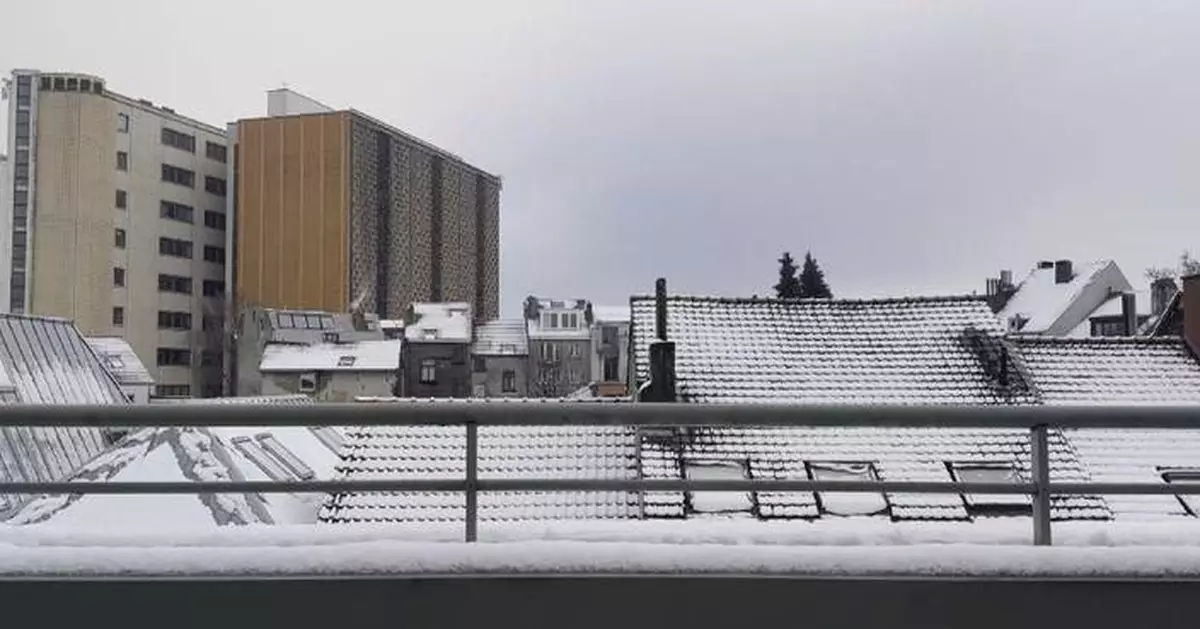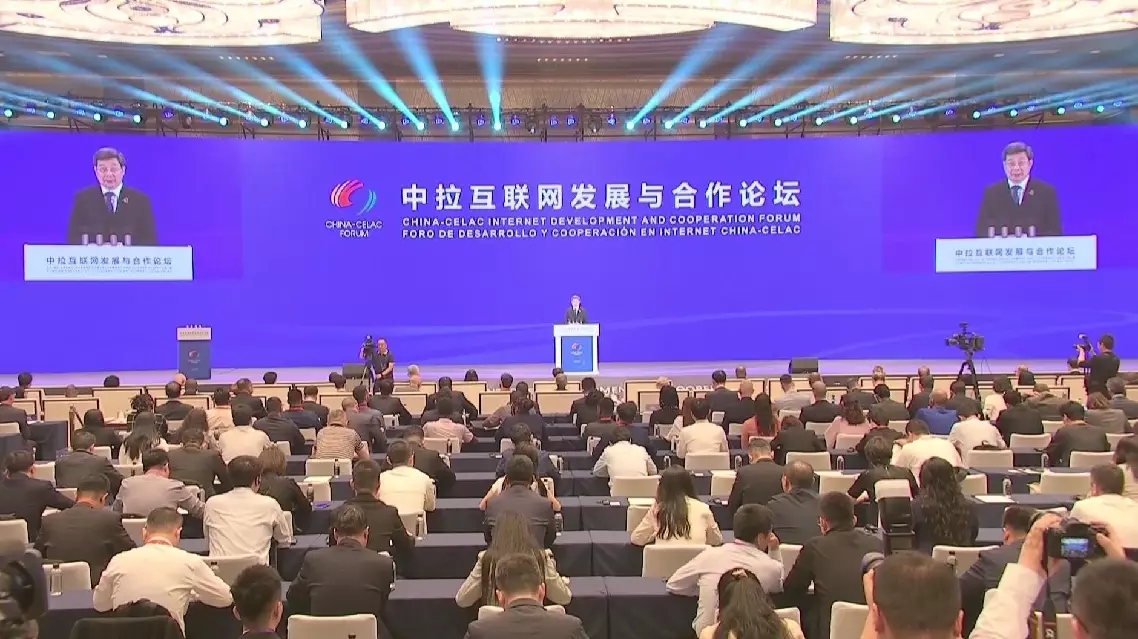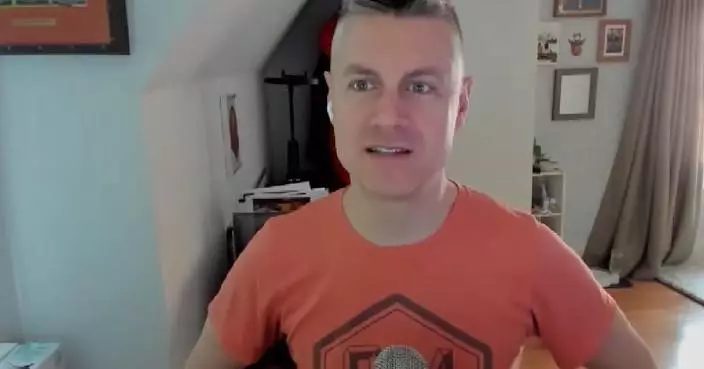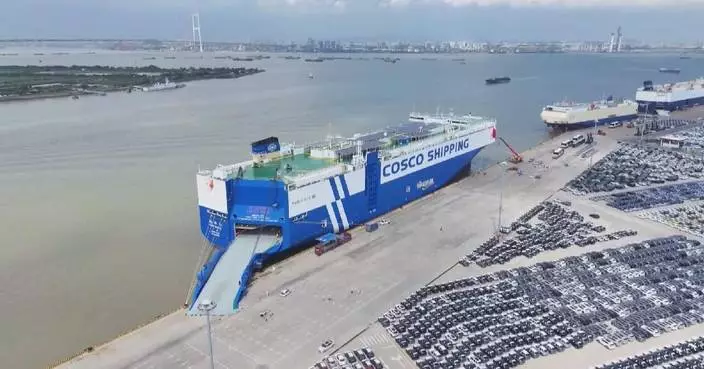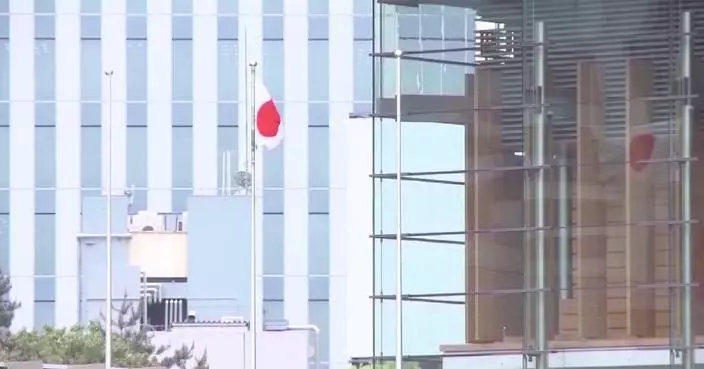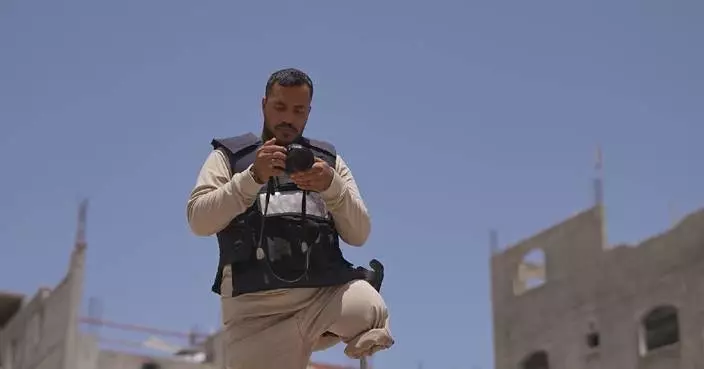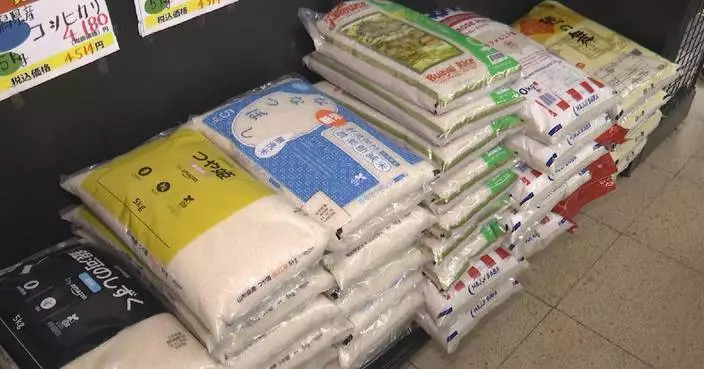European residents are facing a harsh winter with rising gas prices and extreme cold weather since Ukraine has stopped the transit of Russian natural gas to Europe.
Ukraine on Jan 1 stopped the transit of Russian natural gas to Europe following the expiration of a five-year transportation agreement, the Ukrainian Energy Ministry said.
With the start of the new year, temperatures in major European cities like London, Paris, and Berlin once dropped below zero, falling below the average levels of the past 30 years. From Wednesday evening to Thursday, heavy snowfall swept across Belgium, with minimum temperatures dropping below minus 1 degree Celsius.
The cold weather has led to increased heating demand, while the closure of the pipelines has driven up natural gas prices across Europe.
"My parents tell me to sometimes close my heating because it's too pricey. Every day, I hear someone complaining about the prices going up," said Saga, a student.
Since the escalation of the Ukraine crisis, the EU has sought to reduce its dependence on Russian energy, even going so far as to purchase liquefied natural gas from the United States at high prices. U.S. President-elect Donald Trump warned the European Union (EU) last month that it must commit to buying large amounts of U.S. oil and gas or face tariffs.
However, a European analyst points out that there remains a demand in the European market for inexpensive Russian natural gas, making it difficult for the EU to achieve 'decoupling' from Russian energy.
"Because the EU is still profiting from a relatively cheap Russian gas through these pipelines through Ukraine. Ukraine, by the way, has also been profiting through transit fees. And there is also opposition of some member states in the EU that still get Russian gas," said Philipp Lausberg, policy analyst of European Policy Centre.
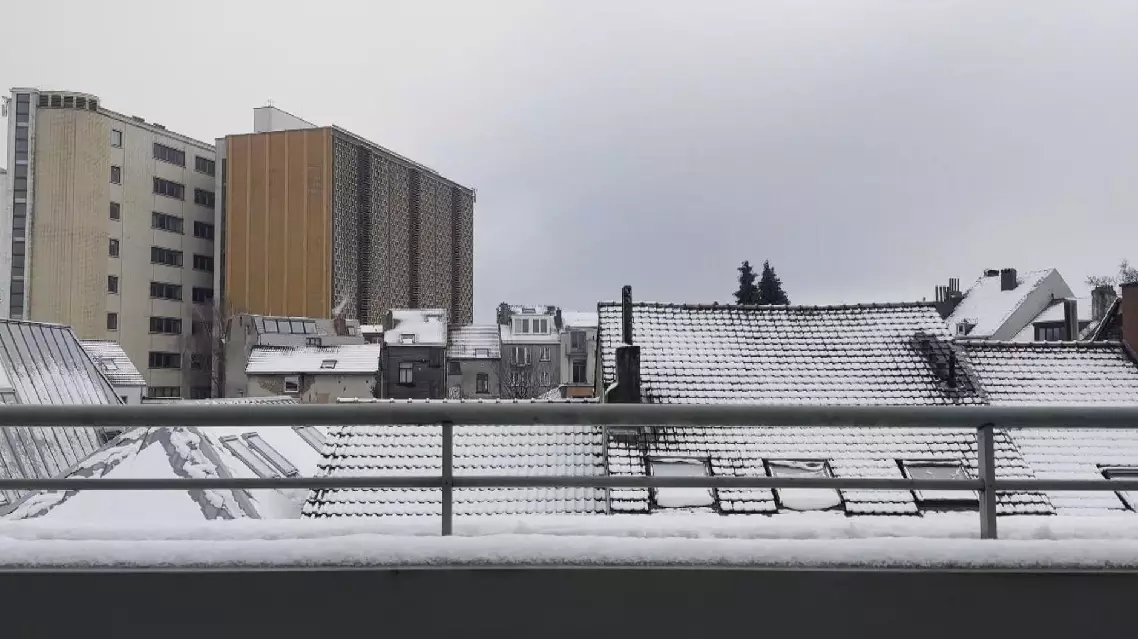
Europe faces harsh winter as Ukraine halts Russian gas transit to Europe
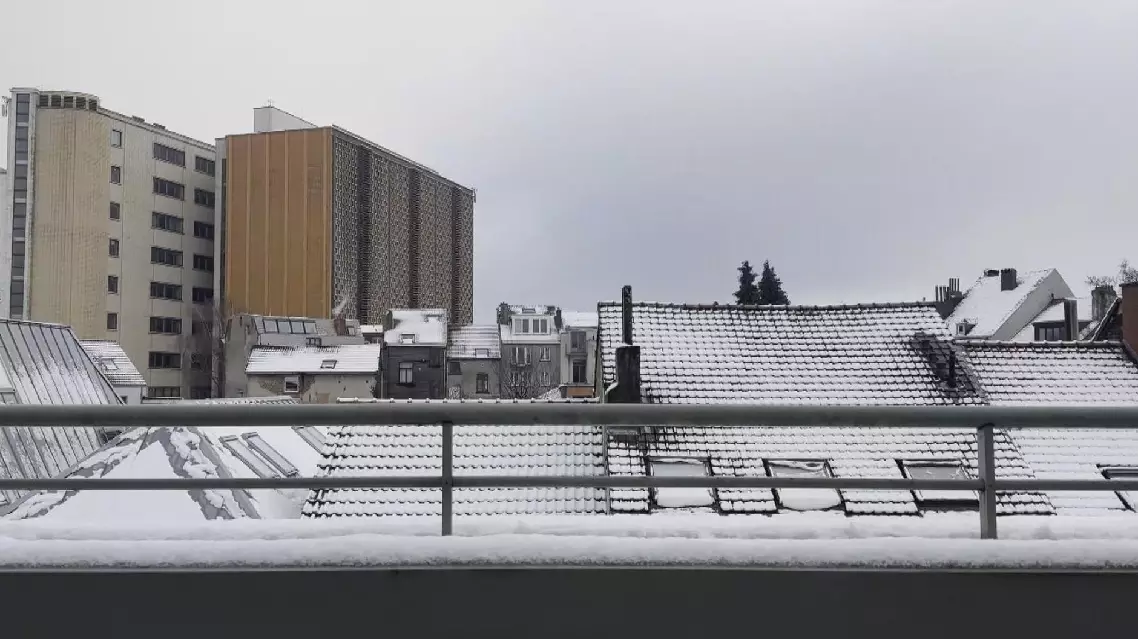
Europe faces harsh winter as Ukraine halts Russian gas transit to Europe
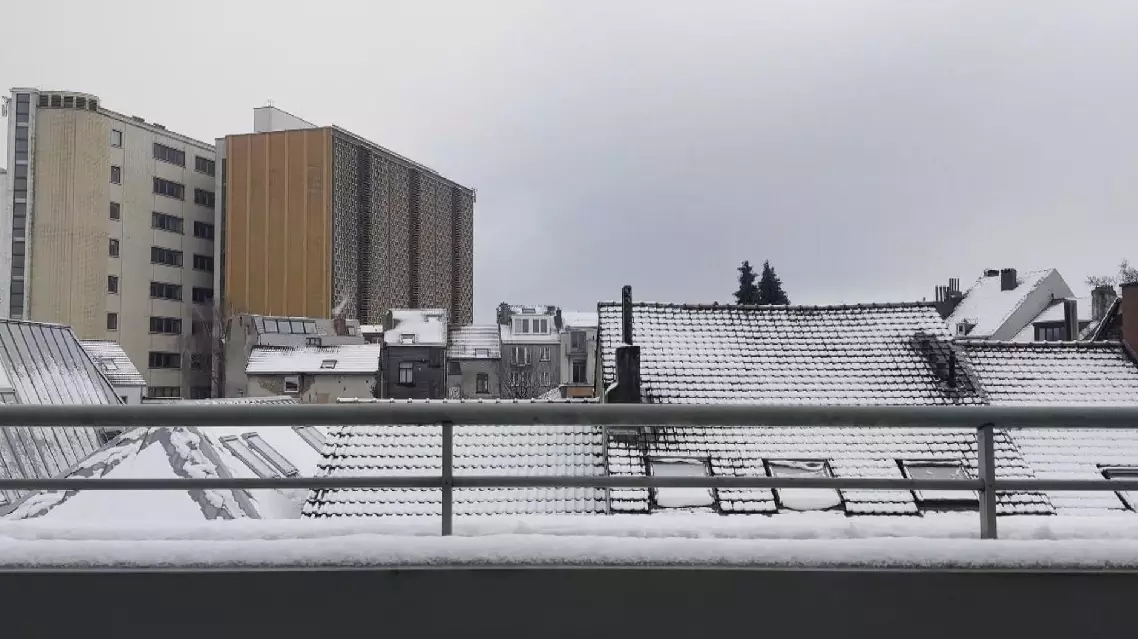
Europe faces harsh winter as Ukraine halts Russian gas transit to Europe


